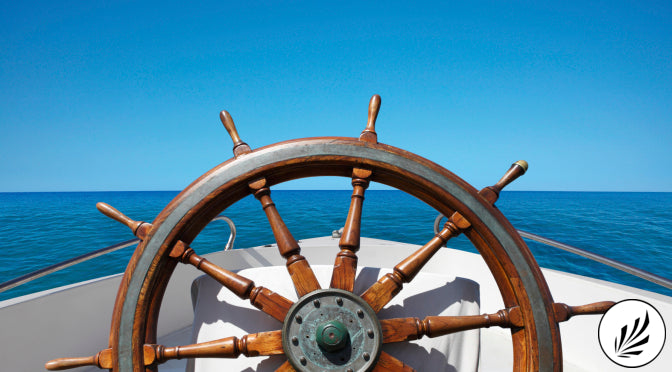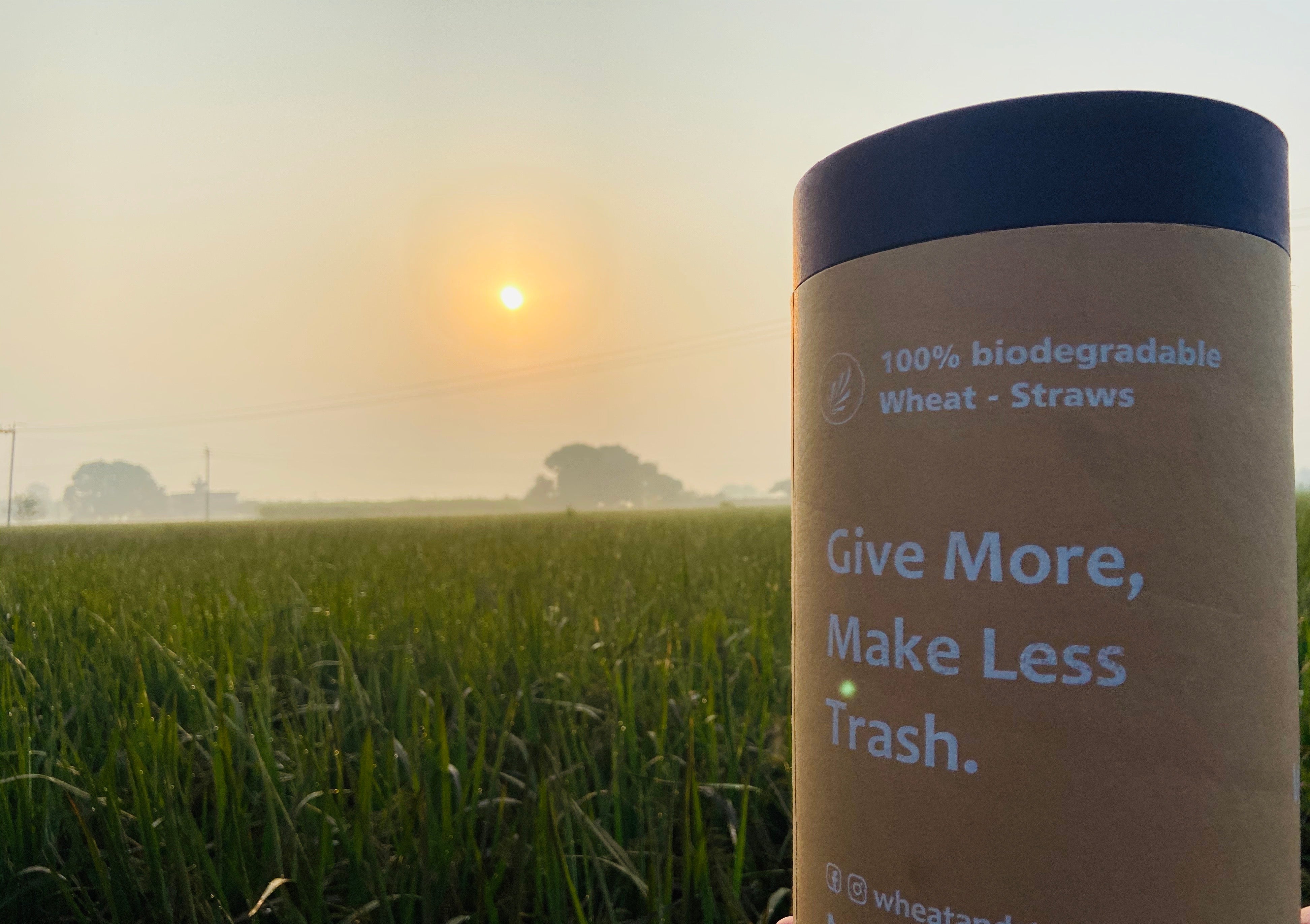
ECO Wheat Straws x The Ocean Cleanup
Plastic is literally around all the time. Plastic keyboard, plastic framed computer monitor, a plastic mouse, plastic bottles, plastic cutlery, plastic cotton buds and plastic straws. The amount of plastic you encounter on a daily basis if, you pay attention to it, is overwhelming. Plastic is a pandemic.
But where does all this plastic go? Some of it gets recycled. Quite a bit ends up in landfills. And more than you can imagine ends up on the loose as plastic pollution, eventually making its way into our waterways.
Billions of pounds of plastic be found in swirling convergences in the oceans making up about 40 percent of the world's ocean surfaces. 80 percent of pollution enters the ocean from the land.
Plastic constitutes approximately 90 percent of all trash floating on the ocean's surface, with 46,000 pieces of plastic per square mile. This shocking amount of plastic leads to the fact that 44 percent of all seabird species, 22 percent of cetaceans, all sea turtle species and a growing list of fish species have been documented with plastic in or around their bodies, killing one million sea birds and 100,000 marine mammals annually as a consequence from all the plastic in our oceans.
The Ocean Cleanup is a non-profit organization, developing advanced technologies to rid the world’s oceans of plastic. By utilizing the ocean currents to their advantage, their passive drifting systems are estimated to clean up half the Great Pacific Garbage Patch in 5 years’ time.

The Ocean Cleanup is designing and developing the first feasible method to rid the world’s oceans of plastic. Every year, millions of tons of plastic enter the ocean. A significant percentage of this plastic drifts into large systems of circulating ocean currents, also known as gyres. Once trapped in a gyre, the plastic will break down into microplastics and become increasingly easier to mistake for food by sea life.
Going after it with vessels and nets would be costly, time-consuming, labor-intensive and would lead to vast amounts of carbon emission and by-catch. That is why The Ocean Cleanup is developing a passive system, moving with the currents, just like the plastic, to catch it. The floater provides buoyancy to the entire system, while the skirt prevents debris from escaping underneath and leads it into the retention system (“cod end”). A cork line above the skirt prevents overtopping and keeps the skirt afloat. As the system moves through the water, slower than the plastic, the plastic collects within the boundaries of the U-shaped system
Due to our passion for scuba diving we started to realize more and more what an enormous plastic soup us humans are causing. To contribute to a cleaner environment, Bas started to look for a sustainable, biodegradable and affordable alternative for plastic straws. On his search for an alternative we finally ended up at wheat straws; a strong natural and biodegradable product. After all the drinking pleasure, our straws are just a nutrient for our soil. That’s how we will make the difference at land and keep our oceans clean. Still at the same time you are able to drink your cocktail or lemonade with an eco-straw. Cool, isn’t it?
To clean our globe the proper way, ECO Wheat – Straws makes every customer an indirect donor of The Ocean Cleanup. We are giving the environment a bit extra space back in return by donating 2% of every purchase to The Ocean Cleanup. They can make the difference at sea and we at the mainland. Win-win, isn’t it?
Join us and our community and help with this global challenge, start banning plastic and start saving oceans. Start using ECO Wheat - Straws and contribute yourself! 🐬🐢
Help us and our little globe. Towards a plastic free planet within one generation. Hay Wheat, Bye Plastic. Follow us and our journey on Facebook & Instagram; @wheatandstraws




Leave a comment
This site is protected by hCaptcha and the hCaptcha Privacy Policy and Terms of Service apply.